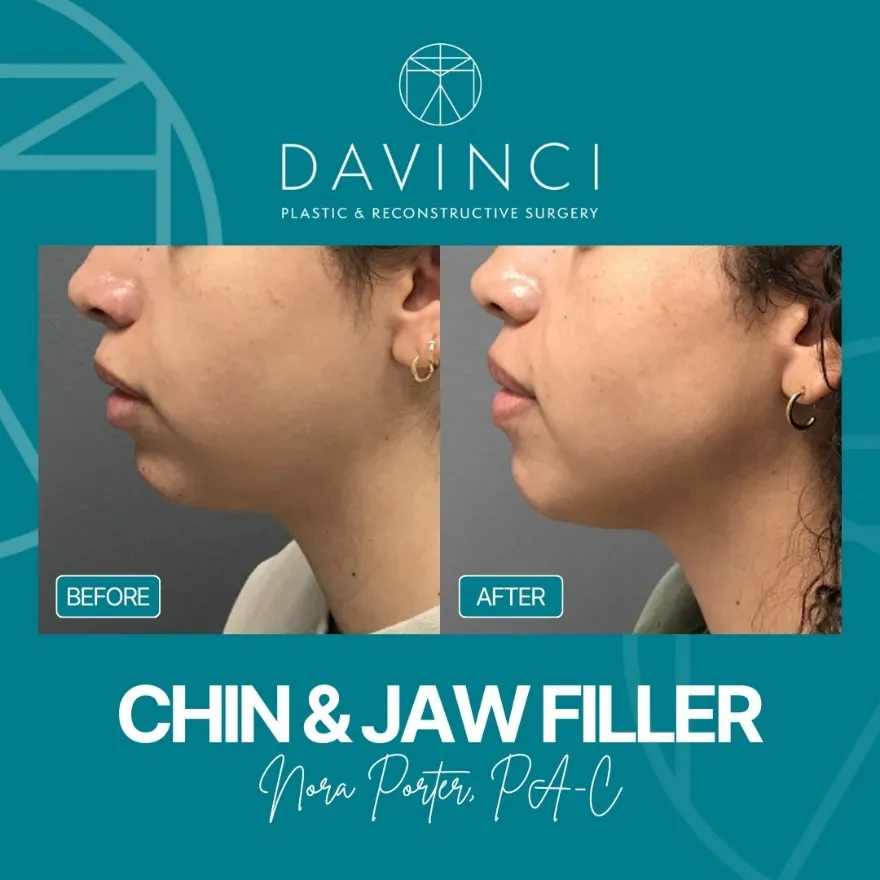SKIN CANCER PROTECTION and PREVENTION
Posted May 17, 2017 in Age Reversing, age reversing injectable lifts, AntiAging, Beautiful Skin Complexion, Board Certification, Body Cosmetic Surgery
Summer is on its way and people will get more exposure to the suns rays than any other time of year. We’ve all heard the word of caution about too much sun causing skin cancer, but specifically it’s the Ultraviolet (UV) light exposure that is overwhelmingly the most frequent cause of skin cancer. Since May […]
Read More







